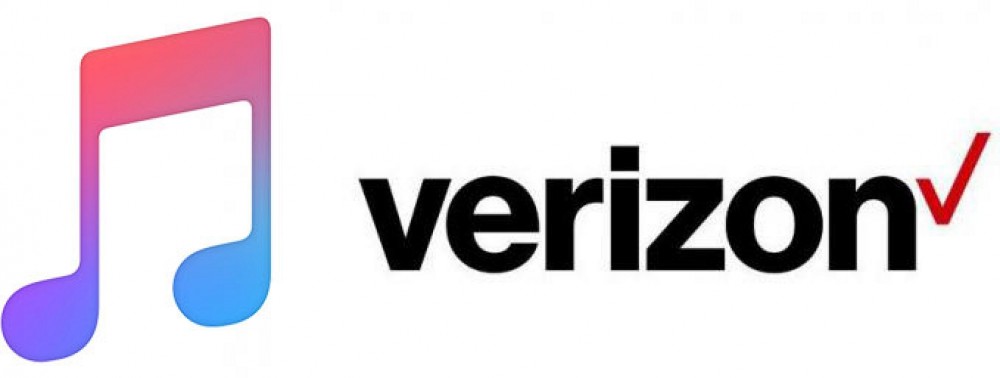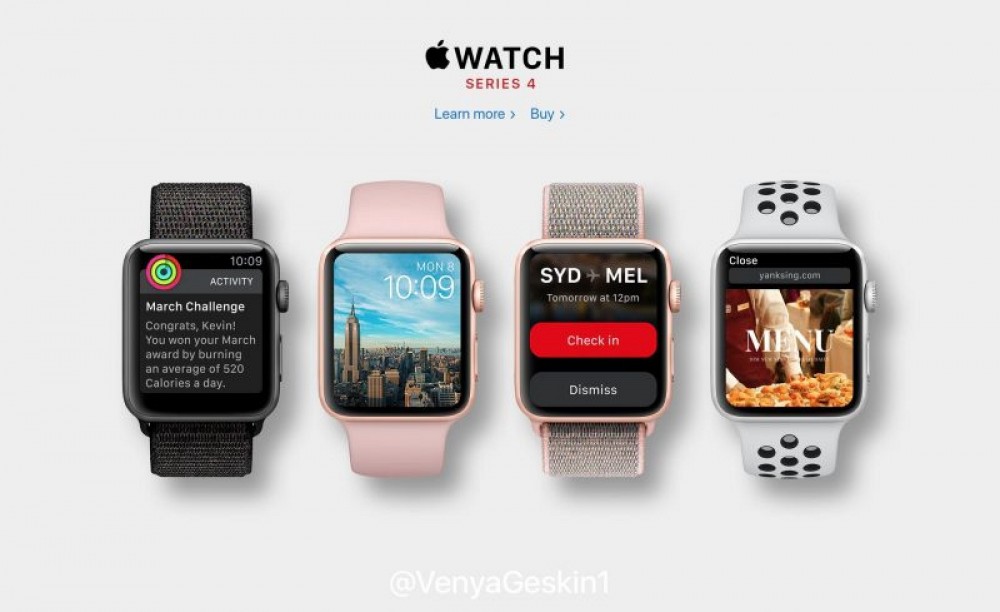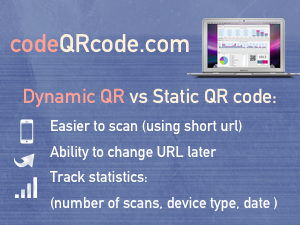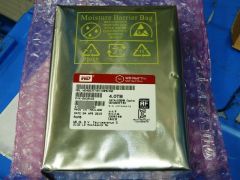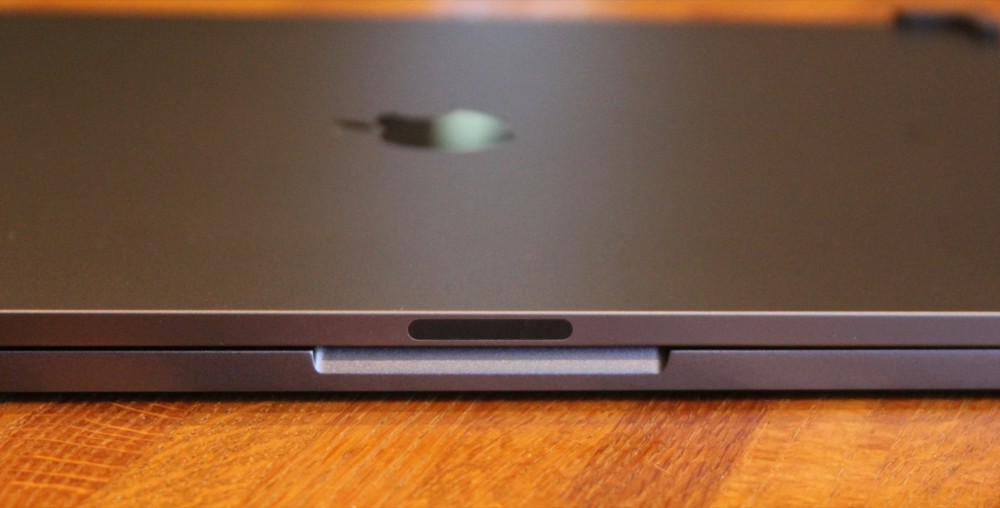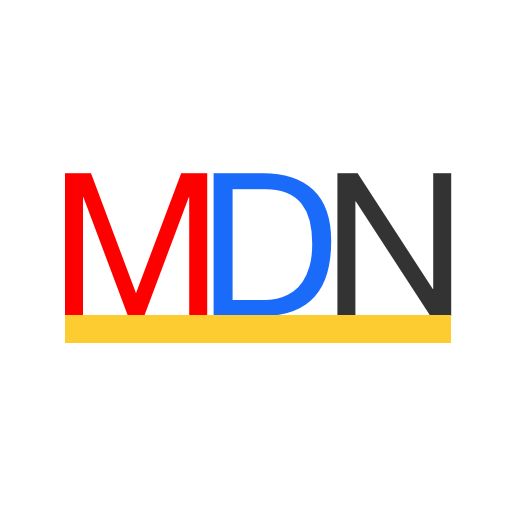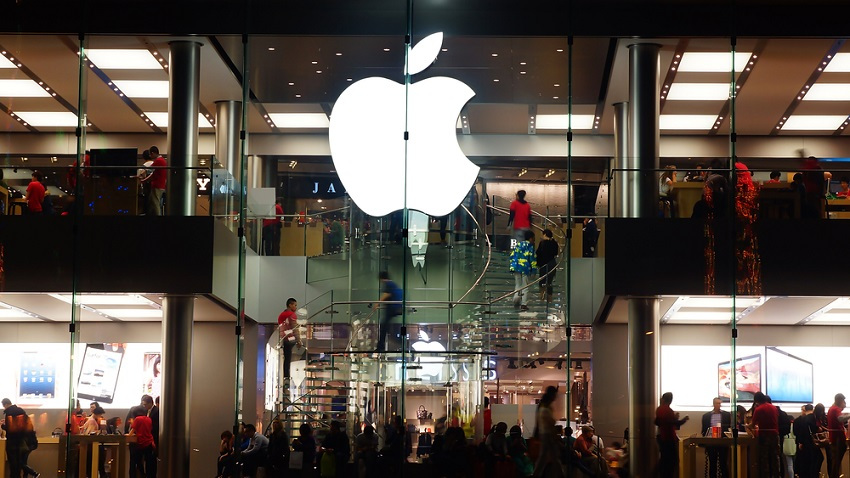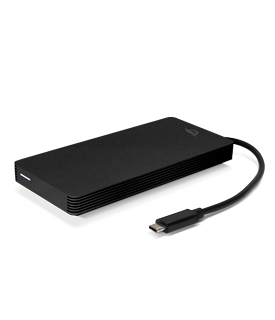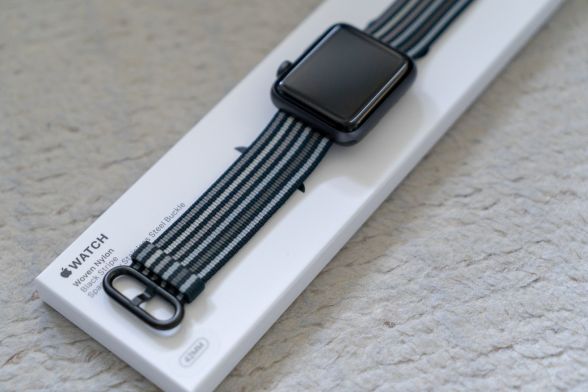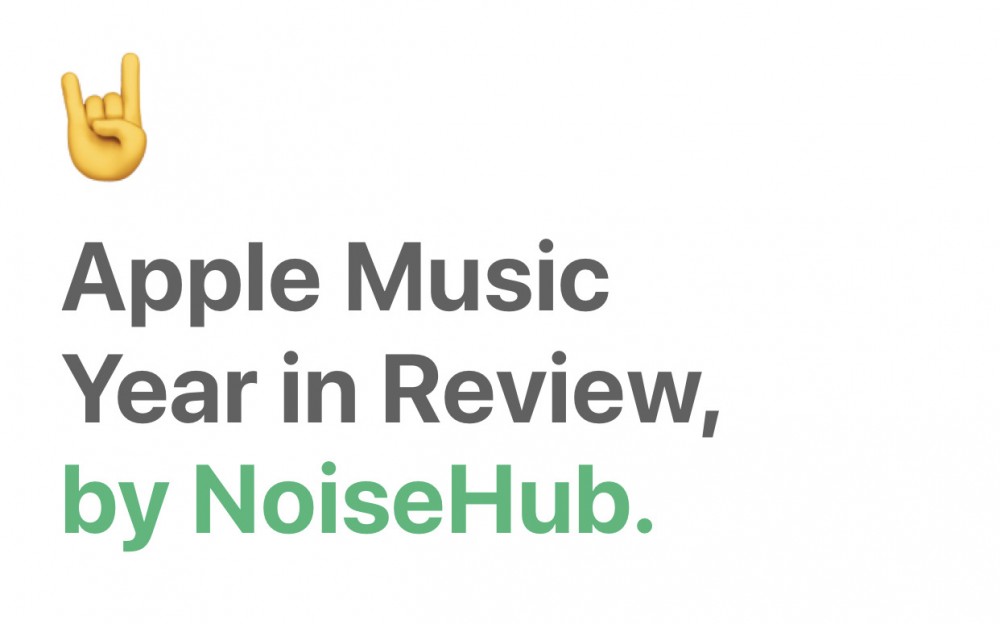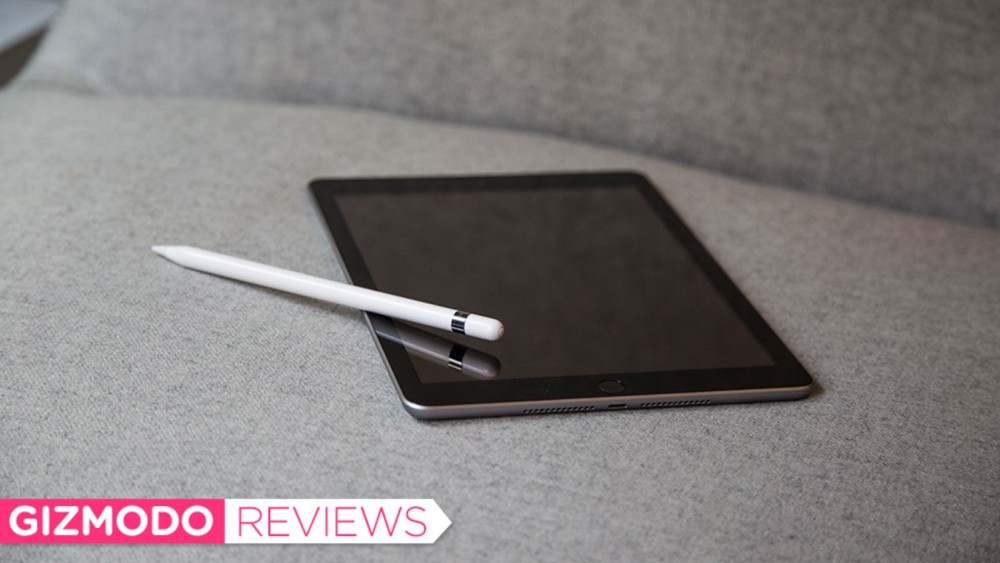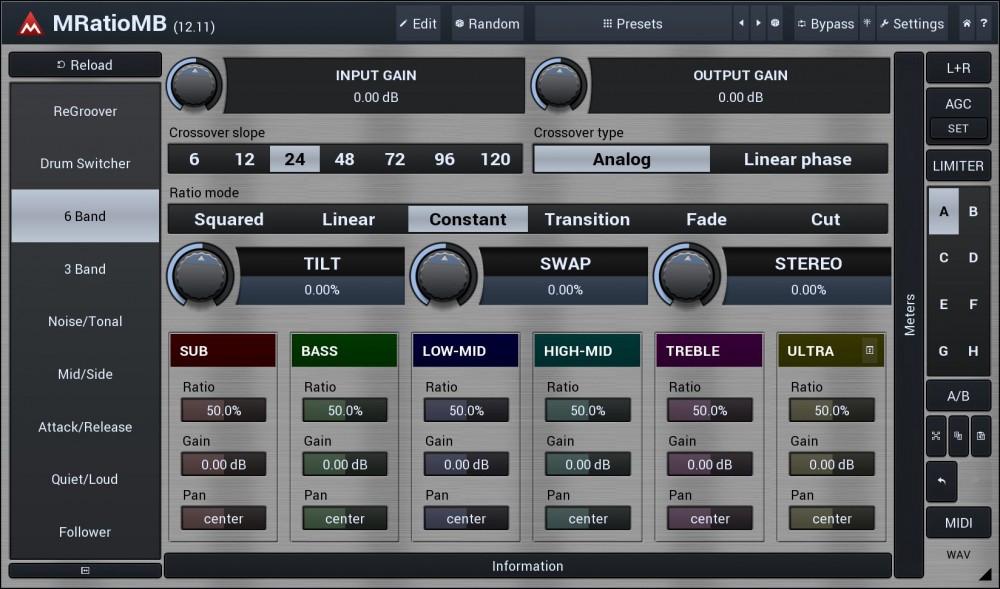supreme court questions apple's arguments over app store antitrust suit
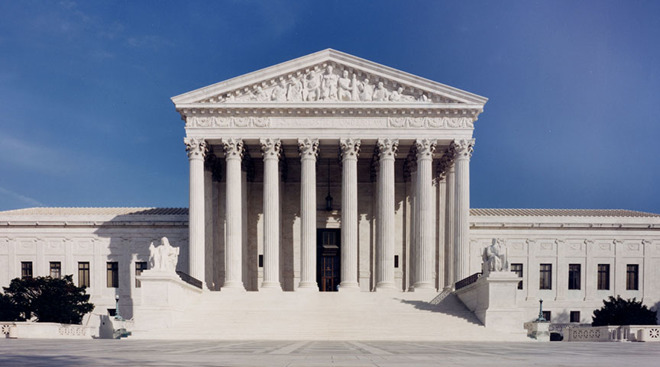
Supreme Court challenged about Apple's oral arguments concerning accusations App Store is monopoly during oral arguments on Monday, with iPhone producer insisting the antitrust suit should be brought by app developers, rather than consumers...
According to the suit, it's acknowledged that Apple applies 30-percent commission on App Store purchases, and in doing so, this forces app developers to increase prices, and in turn forces consumers to pay more for the app or in-app purchase.
Apple's oral argument from Daniel Wall effectively relied on Illinois Brick doctrine, referring to 1977 legal case that determined the purchaser can levy antitrust accusations in court, with indirect purchasers unable to do so.
According to Wall, the app developers are Apple's direct customer, with the 30-percent commission.
and developers can set the pricing with knowledge of the in mind, this sets the pricing with the fee built-in with the developer's wishes, rather than separately..
Justices Stephen Breyer, Elena Kagan, and Sonia Sotomayor questioned the logic behind the order of purchasing, with Kagan noting that every stage of consumer's purchase goes.
For Justice Samuel Alito and Neil Gorsuch, reexamination of Illinois Brick may be order, with Alito noting the tens of thousands of app developers.
Gorsuch suggested the possibility of overruling Illinois Brick, allow for purchaser lawsuits to proceed without worry of the issues that the doctrine addresses, such as multiple recoveries..
The Supreme Court may take months to issue ruling and the former is to be more damaging to both Apple and the rest of the industry.
Continuing with the suit and losing could open up Apple to further litigation from consumers unhappy with app prices and other elements of App Store.
Read more
According to the suit, it's acknowledged that Apple applies 30-percent commission on App Store purchases, and in doing so, this forces app developers to increase prices, and in turn forces consumers to pay more for the app or in-app purchase.
Apple's oral argument from Daniel Wall effectively relied on Illinois Brick doctrine, referring to 1977 legal case that determined the purchaser can levy antitrust accusations in court, with indirect purchasers unable to do so.
According to Wall, the app developers are Apple's direct customer, with the 30-percent commission.
and developers can set the pricing with knowledge of the in mind, this sets the pricing with the fee built-in with the developer's wishes, rather than separately..
Justices Stephen Breyer, Elena Kagan, and Sonia Sotomayor questioned the logic behind the order of purchasing, with Kagan noting that every stage of consumer's purchase goes.
For Justice Samuel Alito and Neil Gorsuch, reexamination of Illinois Brick may be order, with Alito noting the tens of thousands of app developers.
Gorsuch suggested the possibility of overruling Illinois Brick, allow for purchaser lawsuits to proceed without worry of the issues that the doctrine addresses, such as multiple recoveries..
The Supreme Court may take months to issue ruling and the former is to be more damaging to both Apple and the rest of the industry.
Continuing with the suit and losing could open up Apple to further litigation from consumers unhappy with app prices and other elements of App Store.
Read more
Report
Related items:
